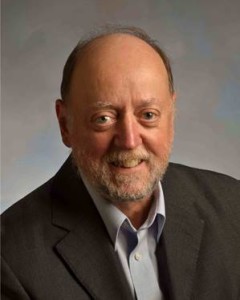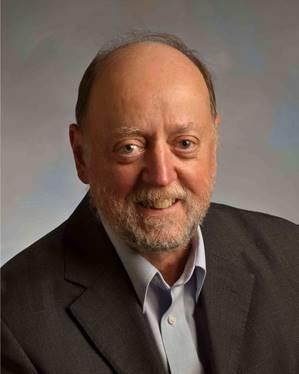
Jack Dongarra, University of Tennessee
In this video from the 2016 Argonne Training Program on Extreme-Scale Computing, Jack Dongarra from the University of Tennessee presents: Adaptive Linear Solvers and Eigensolvers.
“Critical Issues at Peta & Exascale for Algorithm and Software Design:
- Synchronization-reducing algorithms
- Break Fork-Join model
- Communication-reducing algorithms
- Use methods which have lower bound on communication
- Mixed precision methods
- 2x speed of ops and 2x speed for data movement
- Autotuning
- Today’s machines are too complicated, build “smarts” into software to adapt to the hardware
- Fault resilient algorithms
- Implement algorithms that can recover from failures/bit flips
- Reproducibility of results
- Today we can’t guarantee this. We understand the issues, but some of our “colleagues” have a hard time with this”
The Argonne Training Program on Extreme-Scale Computing (ATPESC) provides intensive, two weeks of training on the key skills, approaches, and tools to design, implement, and execute computational science and engineering applications on current high-end computing systems and the leadership-class computing systems of the future.
Jack Dongarra specializes in numerical algorithms in linear algebra, parallel computing, the use of advanced-computer architectures, programming methodology, and tools for parallel computers. His research includes the development, testing and documentation of high quality mathematical software. He has contributed to the design and implementation of the following open source software packages and systems: EISPACK, LINPACK, the BLAS, LAPACK, ScaLAPACK, Netlib, PVM, MPI, NetSolve, Top500, ATLAS, and PAPI. He has published approximately 200 articles, papers, reports and technical memoranda and he is coauthor of several books. He was awarded the IEEE Sid Fernbach Award in 2004 for his contributions in the application of high performance computers using innovative approaches; in 2008 he was the recipient of the first IEEE Medal of Excellence in Scalable Computing; in 2010 he was the first recipient of the SIAM Special Interest Group on Supercomputing’s award for Career Achievement; in 2011 he was the recipient of the IEEE IPDPS 2011 Charles Babbage Award, and in 2013 he was the recipient of the ACM/IEEE Ken Kennedy Award for his leadership in designing and promoting standards for mathematical software used to solve numerical problems common to high performance computing. He is a Fellow of the AAAS, ACM, IEEE, and SIAM and a member of the National Academy of Engineering.
Sign up for our insideHPC Newsletter




